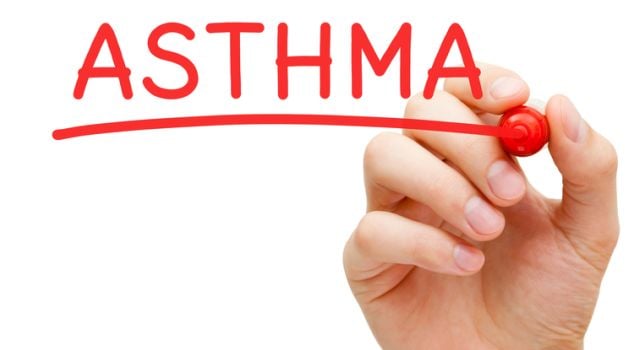A new gene therapy may help desensitize the immune response toward food allergies and asthma and may help turn off a DNA switch responsible for such triggers. During an allergic or asthmatic episode, body's immune cells start reacting to protein in the allergen. "The challenge in asthma and allergies is that these immune cells, known as T-cells, develop a form of immune 'memory' and become very resistant to treatments. We have now been able 'wipe' the memory of these T-cells in animals with gene therapy, de-sensitising the immune system so that it tolerates the protein," Ray Steptoe, associate professor at the University of Queensland in Australia was quoted by IANS.

Experts shared that a single injected gene therapy is a safer and simpler way to provide relief to people suffering from asthma as well as those who have severe allergies to peanuts, bee venom, shell fish and other substances. The therapy aims at de-sensitising the immune system to tolerate the protein. The team took blood stem cells and inserted a gene which regulated the allergen protein and put that into the recipients.
"Those engineered cells produced new blood cells that express the protein and target specific immune cells, 'turning off' the allergic response," Steptoe noted.
Inputs from IANS







